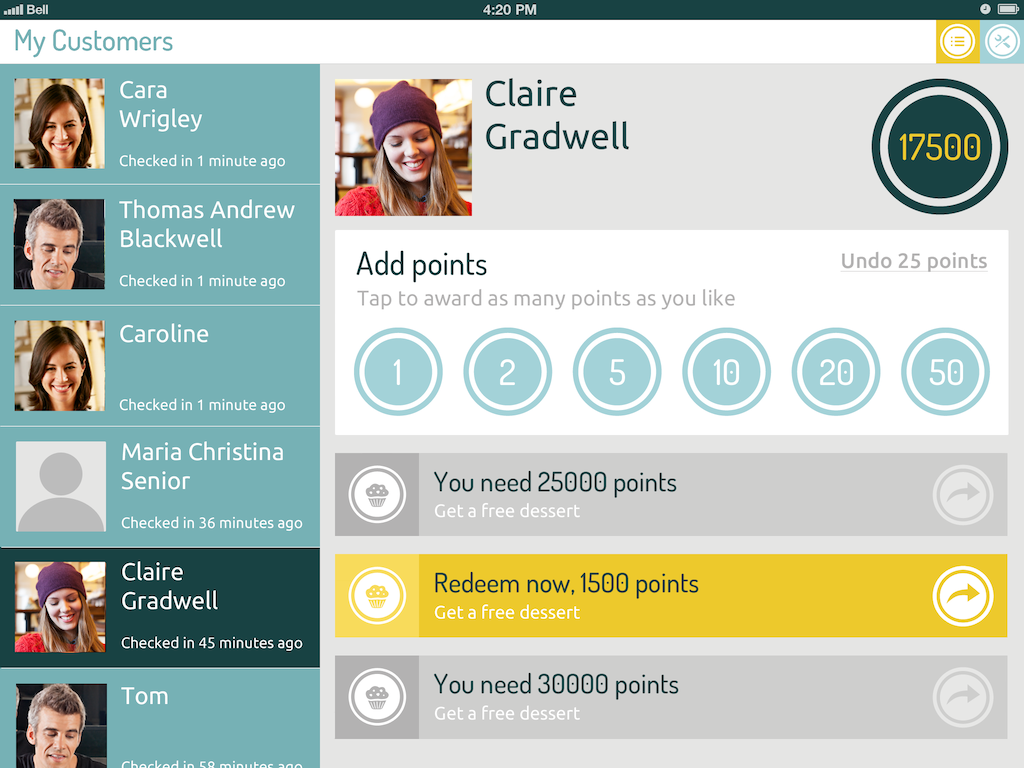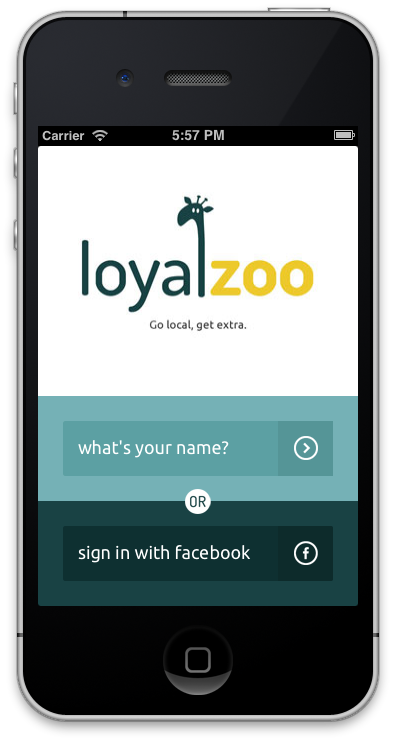20 Sep

The Loyalzoo app is the only cloud-based loyalty program available on the British market. What does this mean, and why is it important for merchants and customers?
There are a number of loyalty schemes on the market, but they all use something other than phone and tablet to perform the transaction, sometimes a plastic card reader, or more commonly, QR codes. The customer will buy what he/she wants, then, to get their rewards, the merchant presents them with a QR code on a piece of paper; the customer takes out their phone, launches some loyalty app or QR reader, they line it up with the QR code and zap.
Now, there are all sorts of problems with this way of doing things. Not many people have formed the habit of zapping QR codes and there is probably only a particular type of person that is likely to do so. But even if the streets were awash with people who loved QR codes, there is still a fundamental drawback with them.
QR codes get between the merchant and the customer. There is a sandwich shop near where I live and they have a QR-based loyalty scheme. I’ve now gone through the loop a number of times of 10 sandwiches/get one free and the owner still does not know my name. Every time I launch the loyalty app on my phone, he shoves a QR code in front of me and I zap dutifully. The QR code is the centre of the transaction. There is no reason for me to say who I am and no reason for him to find out. The QR code tells him nothing about me, how often I’ve visited , when did I last visit, what my preferences are etc. But worst of all, the QR code gets in the way of my direct relationship with the merchant.
We went for a cloud-based solution, not because it was more beautiful, either in a technical or aesthetic sense, but because it was the solution that would lend itself most to strengthening the bond between merchant and customer. With the Loyalzoo app, the customer has to do no more than launch the app and check in. Once he/she has done that, they can put the phone away. The customer then pops up on the merchant’s tablet. But the devices do no more than enable the human contact. At some point, either the customer has to say, ‘Hi, I’m John Smith, I’ve just checked in’, or the merchant must say, ‘Hey, John, how is it going’, or something to that effect.
It’s as simple as that. If a loyalty scheme does not improve the relationship between merchant and customer, then it’s no good. Strictly speaking, like my scheme with the sandwich shop, it’s a reward scheme, not a loyalty scheme. The customer gets the odd freebie out of it, but the merchant gets very little. That kind of scheme might work for a large chain with a high staff turnover and where the personal relationship is not important, but for an independent, it’s all wrong.
Related Post
Recent Blogs
- How To Run A profitable Loyalty Program 15th September 2023
- How to re-energize your business post pandemic 13th August 2021
- How to make your marketing promotions “pop!” 8th June 2021
- Do’s and Don’ts of Loyalty Programs 5th May 2021
- How to build loyalty that lasts 4th March 2021

